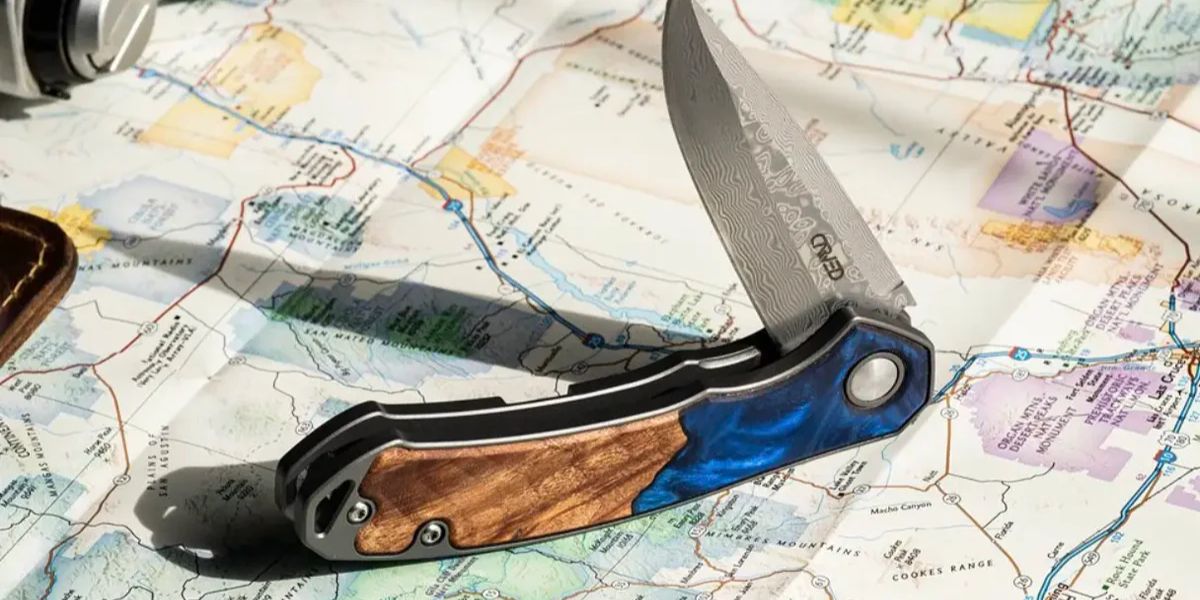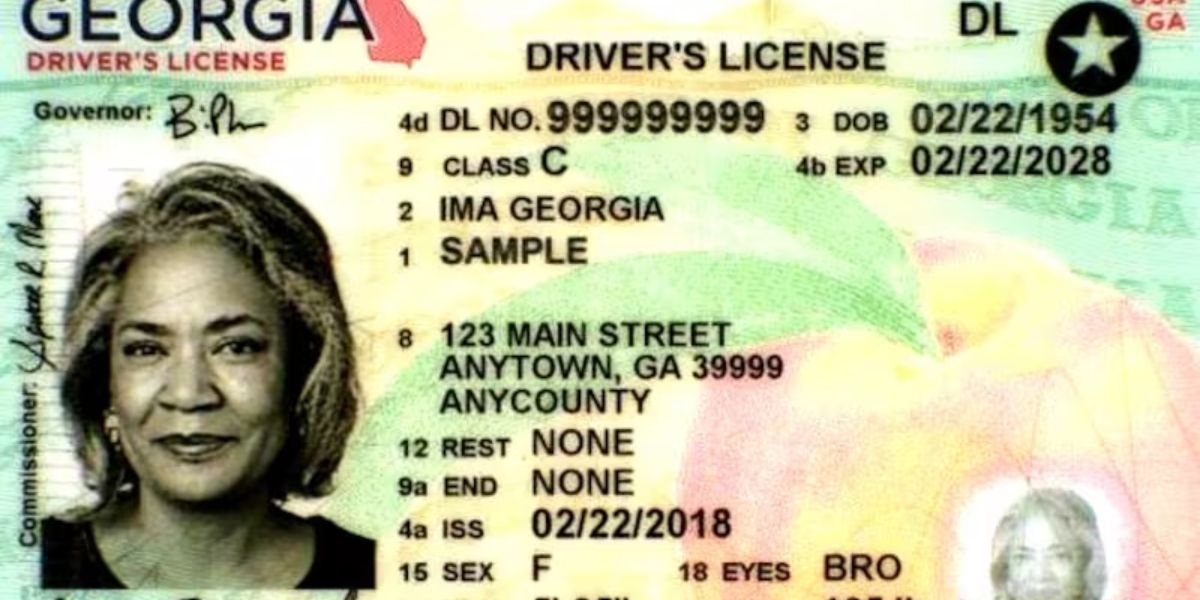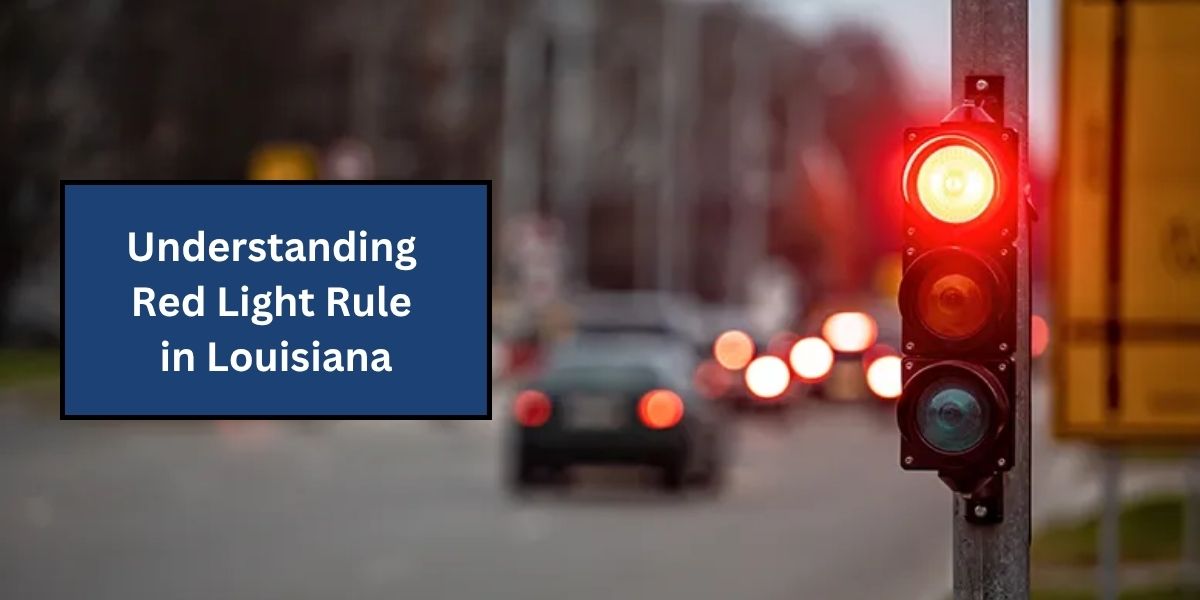Utah’s knife laws in 2025 are among the most permissive in the United States. Individuals may legally own and carry almost any type of knife, whether openly or concealed. This includes butterfly knives, daggers, bowie knives, switchblades, and disguised knives. There are no specific statewide restrictions on blade length, and no broad bans on particular styles of knives.
Open and Concealed Carry
Utah law allows both open and concealed carry of knives without limitation on blade size. There are no specific statutes prohibiting concealed carry of knives, making it legal for most individuals to carry knives in public, whether visible or not. However, this legality does not extend to every location or individual.
Dangerous Weapon Classification
While possession and carry are broadly legal, using a knife in a threatening or unlawful manner can turn it into a “dangerous weapon.” Under Utah law, a dangerous weapon is defined as any item capable of causing death or serious bodily harm, depending on how it is used or intended to be used. This classification depends on context, such as:
- How and where the knife is carried
- The user’s intent
- Whether it causes or is intended to cause injury
- If a knife is used to intimidate, assault, or harm, it can lead to criminal charges, even if it was legally possessed.
Restricted Locations
- Certain public spaces restrict knife possession regardless of Utah’s permissive laws. These include:
- School Premises: Carrying a knife on school property is prohibited and can result in legal penalties.
- Government Buildings: Knives are typically not allowed in courthouses, state or federal offices, and other secure government facilities.
- Other Secure Areas: Airports and certain private establishments may have their own security policies barring weapons.
Statewide Preemption of Local Knife Laws
Utah enforces statewide preemption for knife laws, meaning local cities and counties cannot create laws more restrictive than those set by the state. This ensures that knife regulations are uniform across the state and prevents confusion for residents and visitors moving between jurisdictions.
Restrictions for Certain Individuals
Utah law prohibits certain individuals from possessing or carrying knives under the state’s restricted person statutes. These individuals include:
- Convicted felons
- Those with specific mental health conditions
- Individuals engaged in unlawful drug use
Exceptions may apply to law enforcement officers and military personnel while acting within the scope of their official duties.
Federal Legislation: Knife Owners’ Protection Act of 2025
In 2025, a proposed federal law known as the Knife Owners’ Protection Act, introduced by Utah Senator Mike Lee, aims to safeguard the interstate transportation of knives. If passed, the act would protect individuals traveling across state lines, provided the knives are stored and carried in compliance with the law.
While still pending, the bill reflects ongoing efforts to ensure nationwide consistency for knife owners.
Conclusion
Utah’s knife laws in 2025 offer broad freedoms for owning and carrying knives, whether openly or concealed, and without restrictions on blade type or length. However, misuse, carrying in restricted locations, or possession by prohibited individuals can lead to serious legal consequences.
For those uncertain about specific situations or local interpretations, consulting a qualified Utah attorney or reviewing official legal resources is the best course of action to stay compliant with current laws.




